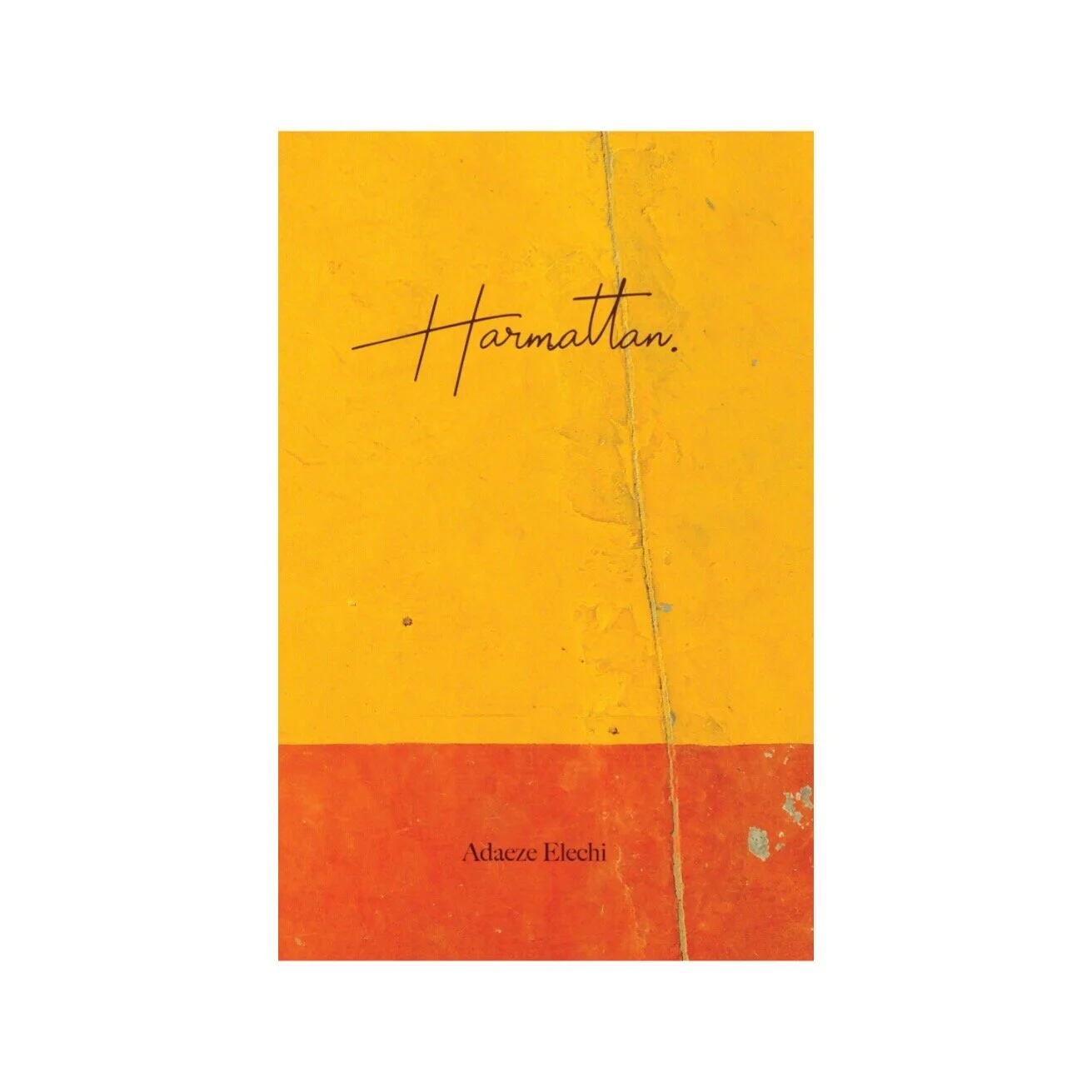
“How can you say she is gone when we are all wide awake and alive in you?”

.02
WHy “Harmattan”?
Harmattan is a season of drought. It is the driest, harshest season in West Africa. Wind from the Sahara desert blows south and completely changes the landscape. It brings fog, dust, and haze, making it difficult to see far distances. It sears the land, dries out leaves, parches skin sometimes to the point of splitting and bleeding. Nights become frigid, days feel too hot. It can be a very difficult season for living things that depend on the rain to thrive. Yet, some of the sweetest, juiciest fruits choose this difficult season to ripen: mango, cashew (the sugary-sweet cashew apple), udara, and more.
As part of my healing process after my mother passed away, I began meditating on the nature of life and death, and how loss feels in body and spirit. I rooted those meditations in Igbo traditions (the traditions of my mother’s people), and began writing down where those meditations took me. I sat with elders and learned about ancestors who don’t leave us even in the darkest of times. I wrote out dreams, fears, desires, observations, and lessons.
Through these meditations, natural parallels emerged between harmattan season and the harshness of the chapter of grief I found myself in. Particularly the parallel that no season is completely barren. Every season—even the bitter ones—yields harvest. And when we find it difficult to see where we’re going, our ancestors will cut a path for us and lead us through.
“My daughter, even in the chaos of the first rains, a parched mouth is watered.”

“The sweetest fruits ripen in the driest season.
My darling, you are still alive–
go and harvest your bounty.”



